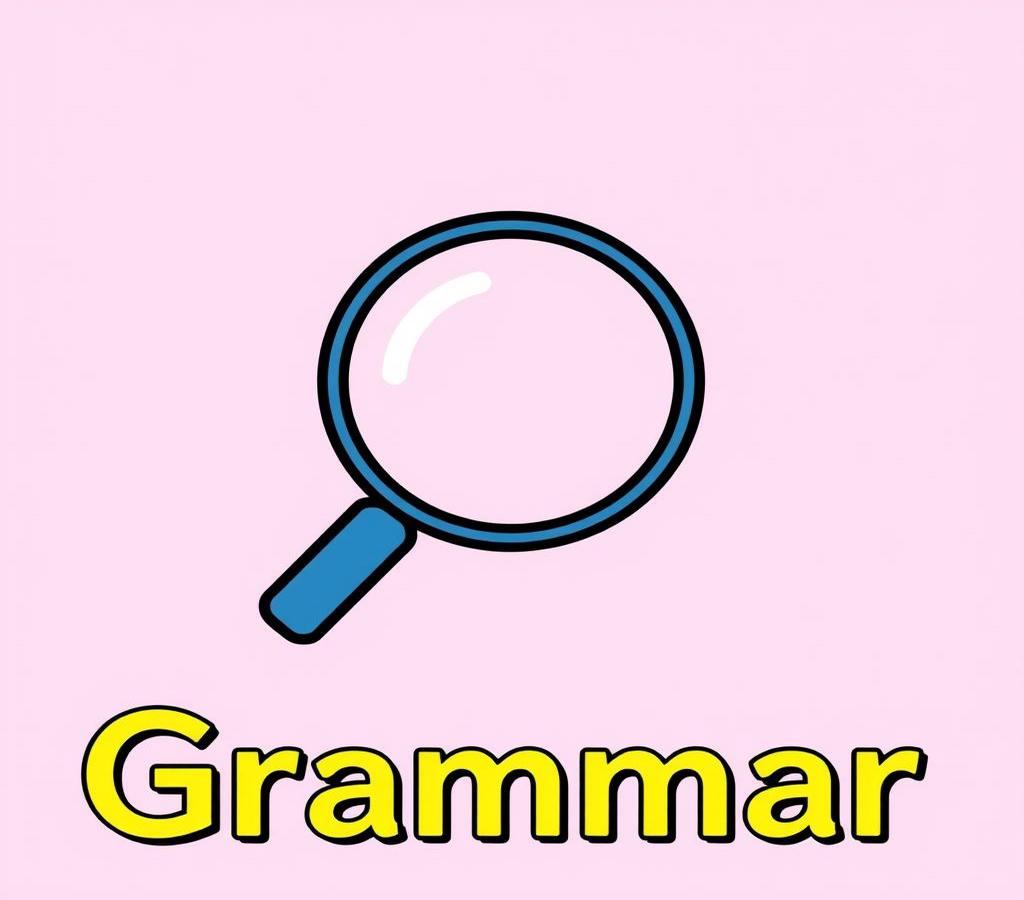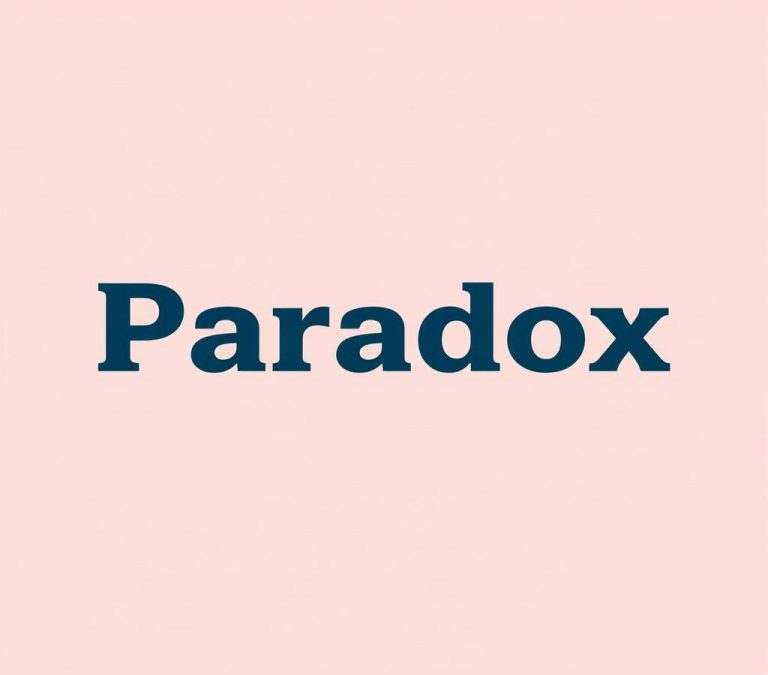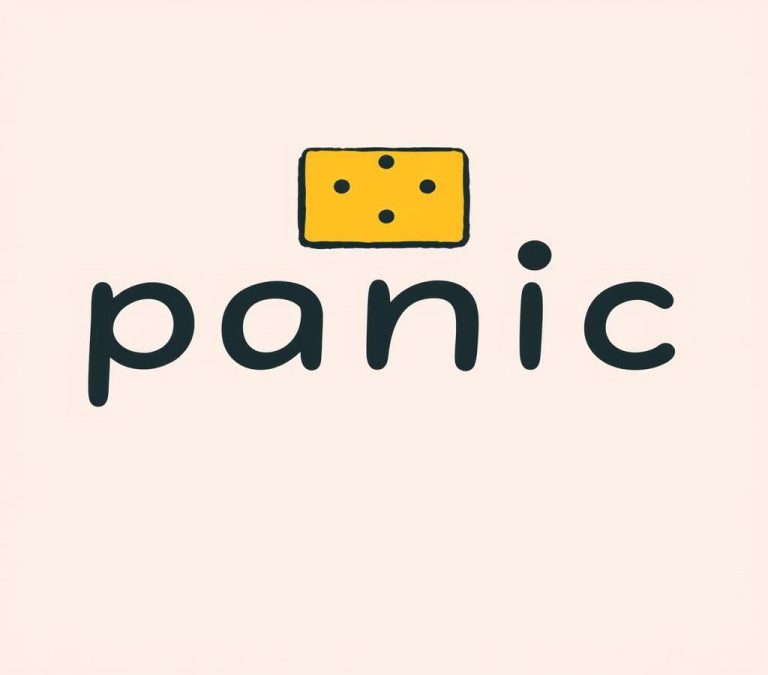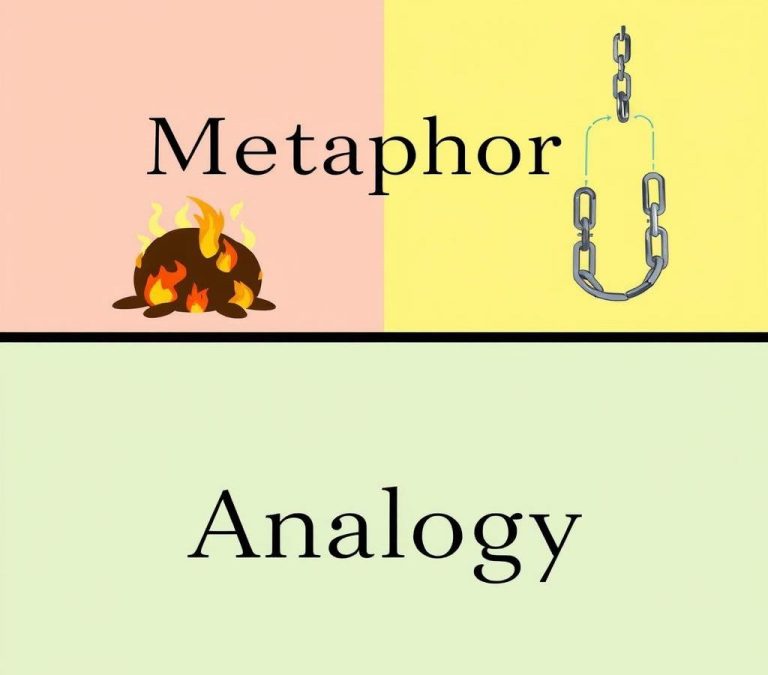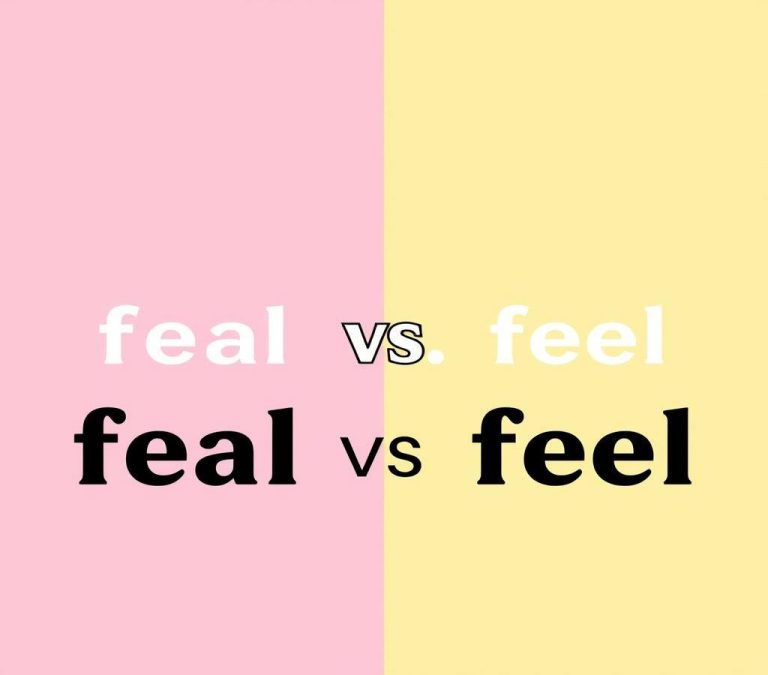Reel vs Real: Grammar Usage Tips for Gen Z
In today’s digital age, how we communicate has changed. Social media platforms like Instagram and Twitter often use a casual language style. This “reel” language can be relaxed and fun, but it’s different from “real” language, which follows traditional grammar rules. Understanding the difference between them is important. This helps you choose the right way to communicate in different settings. Here are some simple tips to help you navigate between reel and real grammar.
Quick Answer
Reel refers to a film or video recording, whereas real means actual or true. Use reel when talking about movies or video content (e.g., “I watched a reel of old home movies”). Use real when describing something genuine or authentic (e.g., “She’s a real friend”). Remember: if it’s a video, it’s reel; if it’s true, it’s real!
Why There is Confusion
The English language often leads to confusion due to its intricate grammar rules and the existence of homophones—words that sound the same but have different meanings and spellings. Two such words that frequently cause confusion are “reel” and “real”. Understanding the distinctions between these terms is crucial, not only because they differ in meaning, but also in their grammatical usages and contexts. This confusion can be compounded by the misinterpretation of grammar tips available online, which might not always clarify these distinctions effectively.
What does “Reel” Mean?
The word “reel” generally refers to a cylindrical device on which film, wire, thread, or other flexible materials can be wound. In the entertainment industry, “reel” often denotes a compilation of film footage or a highlights video. Moreover, “reel” can also function as a verb. When used this way, it typically means to wind something onto a reel or to stagger or lurch, as in stumbling or being affected by something in a way that causes physical or emotional imbalance.
What does “Real” Mean?
On the other hand, “real” signifies something that exists in actuality, as opposed to being imaginary or fictional. It is an adjective used to describe the authenticity or genuineness of something. For instance, when people refer to “real news,” they mean news that is factually accurate and trustworthy. In philosophical or everyday usage, “real” describes the state of being true to reality.
Differences in Grammar Tips for Usage
Understanding the nuances between “reel” and “real” extends beyond just their meanings. Their usage in parts of speech, verb tenses, and sentence structure also differs.
Differences in Parts of Speech
- As a noun: “He wound the fishing line onto the reel.”
- As a verb: “She began to reel with the shock.”
- As an adjective: “The diamond is real.”
Differences in Verb Tenses
The verb form of “reel” can be conjugated into various tenses:
- Present: “She reels in the slack line.”
- Past: “He reeled back in surprise.”
- Future: “They will reel in the winners.”
Meanwhile, “real” remains an adjective and does not change according to tense.
Differences in Sentence Structure
Sentence structure changes based on whether “reel” is used as a noun or a verb, or if “real” is used as an adjective.
The structure of a sentence must conform to the grammatical role of the word being employed.
Synonyms for “Reel” and “Real”
Synonyms can help clarify usage by offering alternative words with similar meanings.
- Synonyms for “reel” (noun): spool, cylinder, bobbin
- Synonyms for “reel” (verb): stagger, lurch, waver
- Synonyms for “real”: genuine, actual, true, authentic
This can aid in both understanding and avoiding misuse, thereby enhancing clarity in communication.
Alternative Words for “Reel” and “Real”
Sometimes, using an alternative word can be more appropriate, depending on the context.
- Alternative words for “reel” in specific contexts:
- For film: “film strip”, “footage”
- For winding actions: “coil”, “wind”
- For staggering: “stumble”, “sway”
- Alternative words for “real”:
- For genuine: “authentic”, “bona fide”
- For actual: “tangible”, “factual”
- For true: “verifiable”, “actual”
Using these alternatives can often avoid redundancy and improve the richness of language.
Examples of Usage
Examples can significantly aid in understanding the correct contextual use of “reel” and “real.”
- Using “reel” as a noun:
- “He stored the hose on the reel to keep it organized.”
- “The movie reel contained all the classic scenes.”
- Using “reel” as a verb:
- “She began to reel after the bad news.”
- “He reeled in the fish swiftly.”
- Using “real” as an adjective:
- “The real cause of the accident was never discovered.”
- “She couldn’t believe the diamond was real.”
These examples serve to reinforce the understanding of each word and how they operate within different sentences.
Conclusion
The confusion between “reel” and “real” often arises due to their similar pronunciations but distinct meanings and usages. Recognizing their differences in parts of speech, verb tenses, and sentence structures is essential for accurate communication. By learning their synonyms and alternative words, one can enhance their linguistic skills, making their speech and writing more precise and varied. Examples further illustrate correct usage, bringing clarity and improving understanding. By delving into these nuances, we can better appreciate the richness and complexity of the English language, reducing common errors and improving overall language proficiency.

